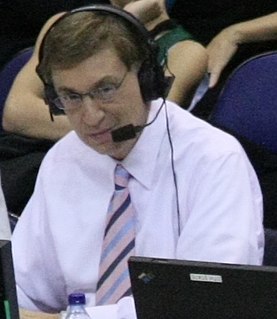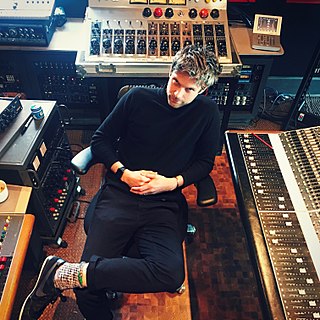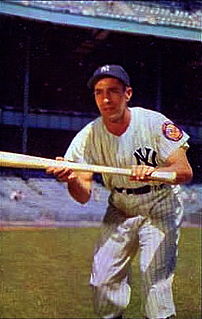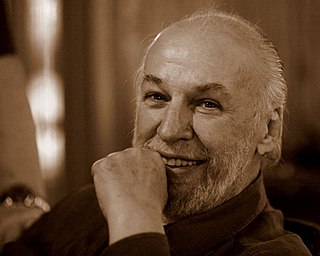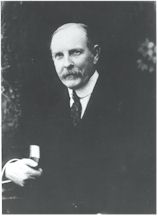A Quote by Jimmy Page
Because we spent so much time in the States in the beginning, we weren't able to do so much in England. It was slower catching up. And we didn't have radio here like what was called underground radio over there. So we got these little slots on the BBC.
Related Quotes
There's no passive success on radio. Well, in radio, one of the ways in which you engage people and make them active listeners and have them glued so that they don't want to do anything else, you have to find ways to incorporate this mystery called the theater of the mind. And it's the one ingredient that radio has that television does not that if used properly, if perfected and learned and executed properly, it can have a much greater impact than TV because it can create a much more intimate, direct connection with the audience.
There was a time when people would go search out underground records. Now, underground means free, and people don't really care for it. So now artists tend to go more pop and look for the radio. You know, the radio never wanted you to speak about anything, so the music is kinda influenced by the hands of the radio which wants to homogenize it and dilute it and sanitize it. And for the most part, nobody's takin' the time to seek out the cats that are still tryin' to talk, so they have a difficult time being heard, like Chuck D said.
My goals were small. My goal was to become a big enough stand-up that I wouldn't have to do radio. I could sell out a club, which is like 300 seats. If I got big enough, I could sell before I got there, and I wouldn't have to get up at 6 in the morning to do radio. That was pretty much the dream. I had no idea I'd be playing Madison Square Garden or anything.
Listen- my relationship with radio on a personal level is nothing but a one way love-a-thon... I love radio, I grew up on radio. That's where I heard Buddy Holly, that's where I heard Chuck Berry. I couldn't believe it the first time I heard one of my records on the radio, and I STILL love hearing anything I'm involved with on radio, and some of my best friends were from radio. But we were on different sides of that argument, there's no question about that.
In the 1920s and 30s, when Radio Shack was young, a much earlier generation of nerds swarmed into these tiny shops to talk excitedly about building radios and other transmission devices. You might say that Radio Shack helped define gadget culture for four generations, from radio whizzes up to smartphone dorks.


